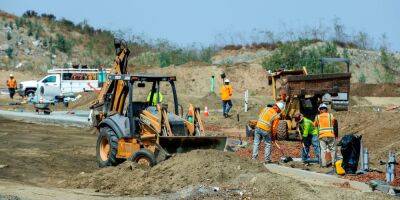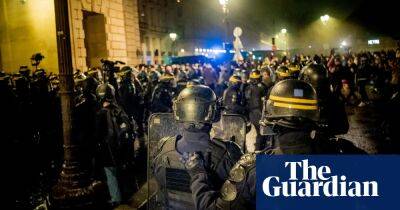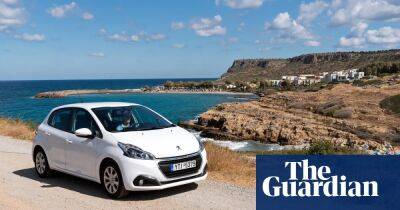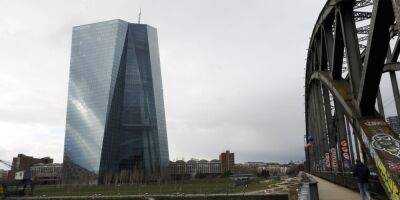How Jaguar Land Rover fell behind in the race to an electric future – and what it means for the UK
A bout 20 firefighters, some wearing breathing apparatus, were called to a fire at a test facility near Jaguar Land Rover’s Midlands headquarters in January. A machine welding a prototype battery for its bestselling Range Rover was the cause of the blaze, which the carmaker described as “minor”.
Battery fires are not uncommon, particularly in testing, but it was a reminder of the perils facing carmakers as they try to switch to electric power after a century of the combustion engine. It was also a reminder of how far Britain’s carmaking champion has fallen behind in that global battery race.
After a torrid four years of losses, sluggish sales, pandemic turmoil and boardroom upheaval, all eyes are on how it will make the belated transition to electric cars – and if it can catch up with its giant rivals.
Jaguar Land Rover’s approach over the next few years will go a long way in determining the UK’s status as a carmaking nation, and the jobs of 780,000people employed in its car factories, the wider supply chain and sales industry. Of these, the Coventry-based carmaker employed 36,000 in March 2022, with most in the West Midlands automotive heartland. It is also hugely important for the British supply chain: an anchor customer that – along with Japan’s Nissan in Sunderland – can produce several hundred thousand cars every year.
Jaguar Land Rover has been owned by Tata Motors, part of the same Indian conglomerate that owns the Port Talbot steelworks and Tetley Tea, since it was bought from Ford in 2008 for $2.3bn (£1.15bn at the time).
Ministers are acutely aware of Tata’s importance and negotiating power, and government officials are wrangling with it over hundreds of millions of pounds of state aid for two interlinked fronts:
Read more on theguardian.com




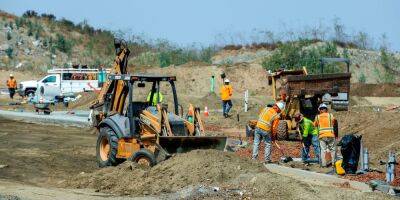





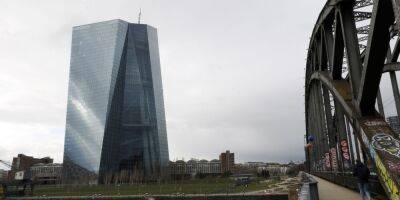


![Will Ethereum [ETH] bulls continue dominating the market next week](https://finance-news.co/storage/thumbs_400/img/2023/3/19/60564_c91x.jpg)


